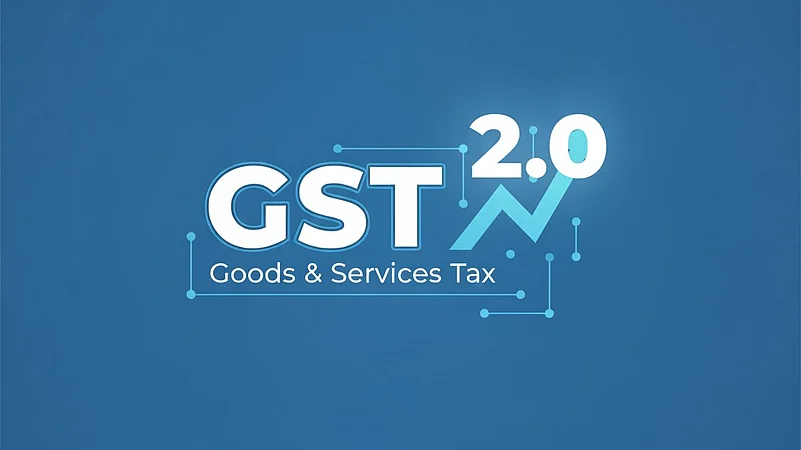
FMCG firms can increase grammage instead of slashing prices
Ambiguity prevails after HC verdict last month on "deception" through grammage raise
FMCG stocks to continue rally as on better consumer demand
Industry experts urge clear methodology for GST 2.0
Fast-Moving Consumer Goods (FMCG) companies now have the option to leverage increasing the quantity of products instead of reducing price in order to pass on the benefits of the rationalization of the Goods and Services Tax (GST) rates, the Business Standard reported citing government officials.
However, ambiguity remains as the Delhi High Court last month ruled an old dispute that increasing quantity without reducing the maximum retail price leads to “deception”. Officials suggest the high court ruling was based on the earlier anti-profiteering framework, which is not applicable under the revamped GST norms.
In September, the Delhi High Court ruled that consumers must see a direct reduction in price when GST rates are cut and not just adjustments in quantity. The HC upheld the verdict in the 2018 order of the National Anti-Profiteering Authority (NAA) against M/s Sharma Trading Company in connection with Hindustan Unilever Ltd’s Vaseline product.
“The Delhi HC matter relates to a 2018 order of the National Anti-Profiteering Authority, when such provisions under Section 171 of the CGST Act were in force,” the official told Business Standard.
GST 2.0 Without Anti-Profiteering Clause
The Section 171 of the Central Goods and Services Tax Act, was introduced in 2017 to ensure customer protection and making sure that businesses passed on the benefit of tax rate reductions or input tax credits through reduced prices. However, the system faced harsh criticism for being subjective and intrusive as it often interfered in business decisions on price.
The government has now phased out the anti-profiteering mechanism as the GST regime advanced from its nascent stage. The functions of the NAA have now been transferred to the GST Appellate Tribunal last year. Industry experts urge for clarity on methodology under the new tax regime to ensure that tax rate reductions genuinely benefit consumers.
Swift Policy Benefit Fast Goods
According to broking firm PL Capital, the Nifty FMCG index has seen an uptick as soon as the GST Council approved the revamp of the GST structure. According to the broking firm, the new tax regime is expected to boost discretionary consumer spending and benefit companies.
“While FMCG staples benefit from lower taxes, carbonated and caffeinated beverages face higher costs. Investors are expected to adjust their portfolios based on these changes, with daily essentials likely attracting more attention,” the PL Capital said.





























